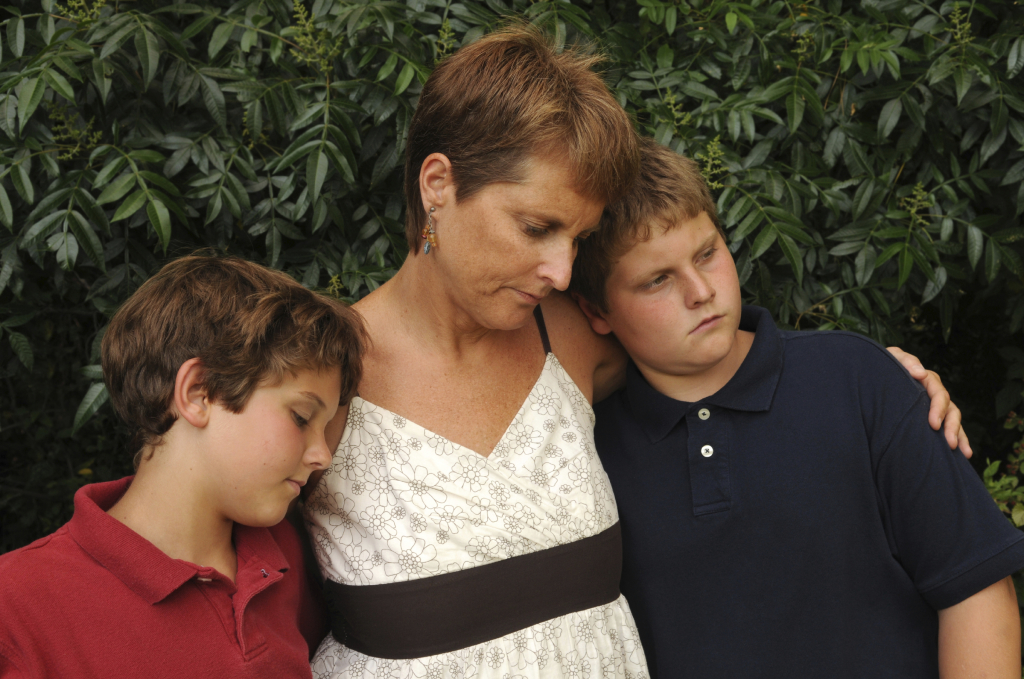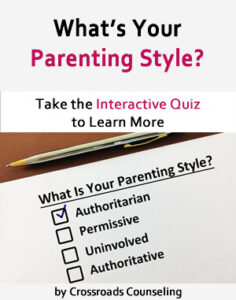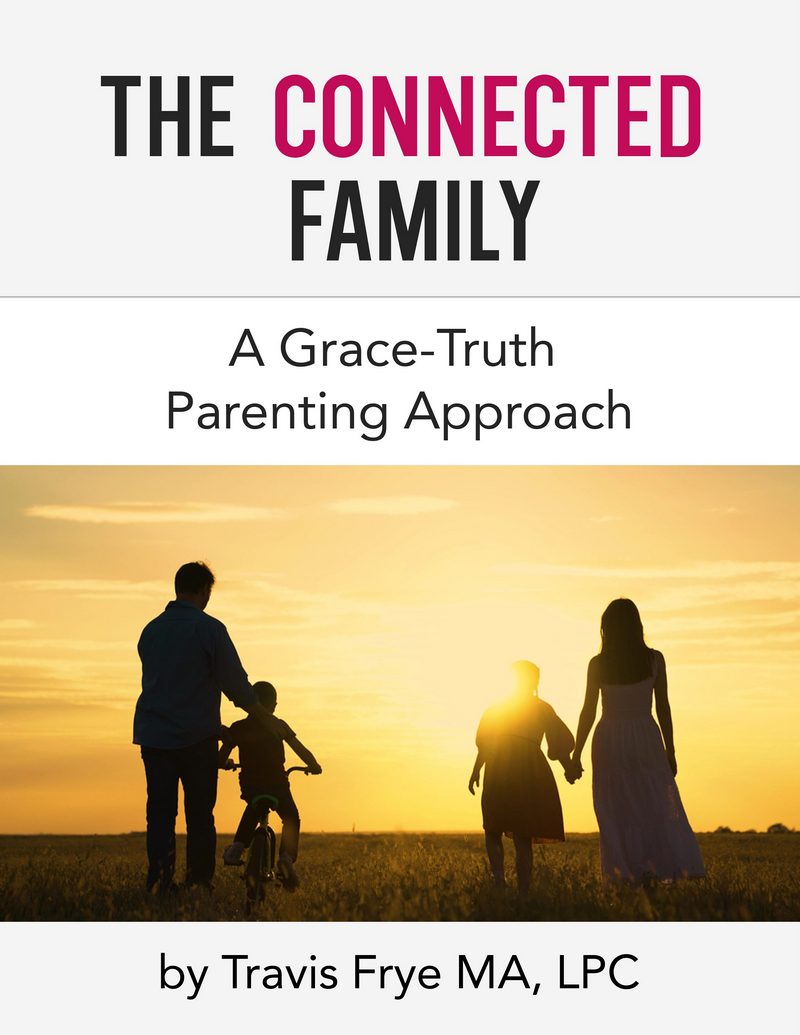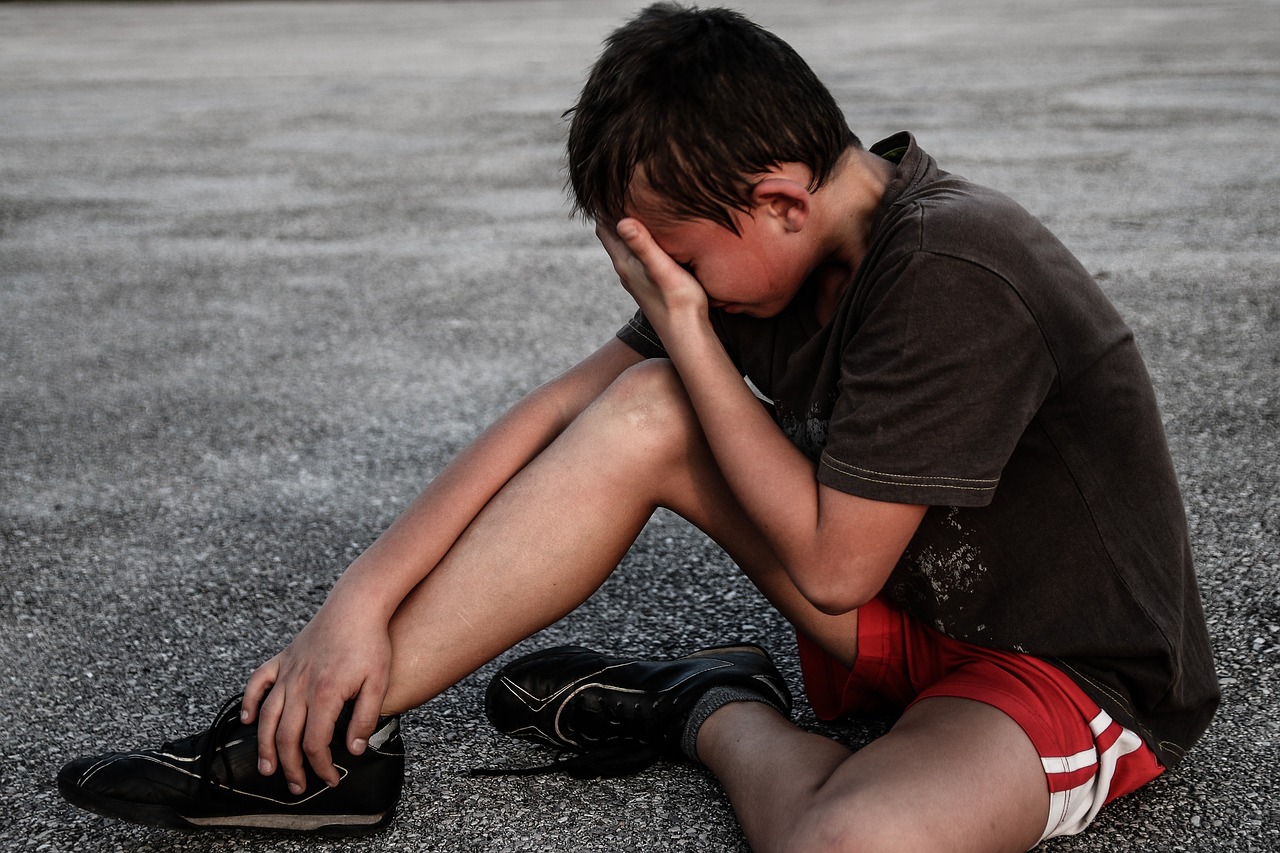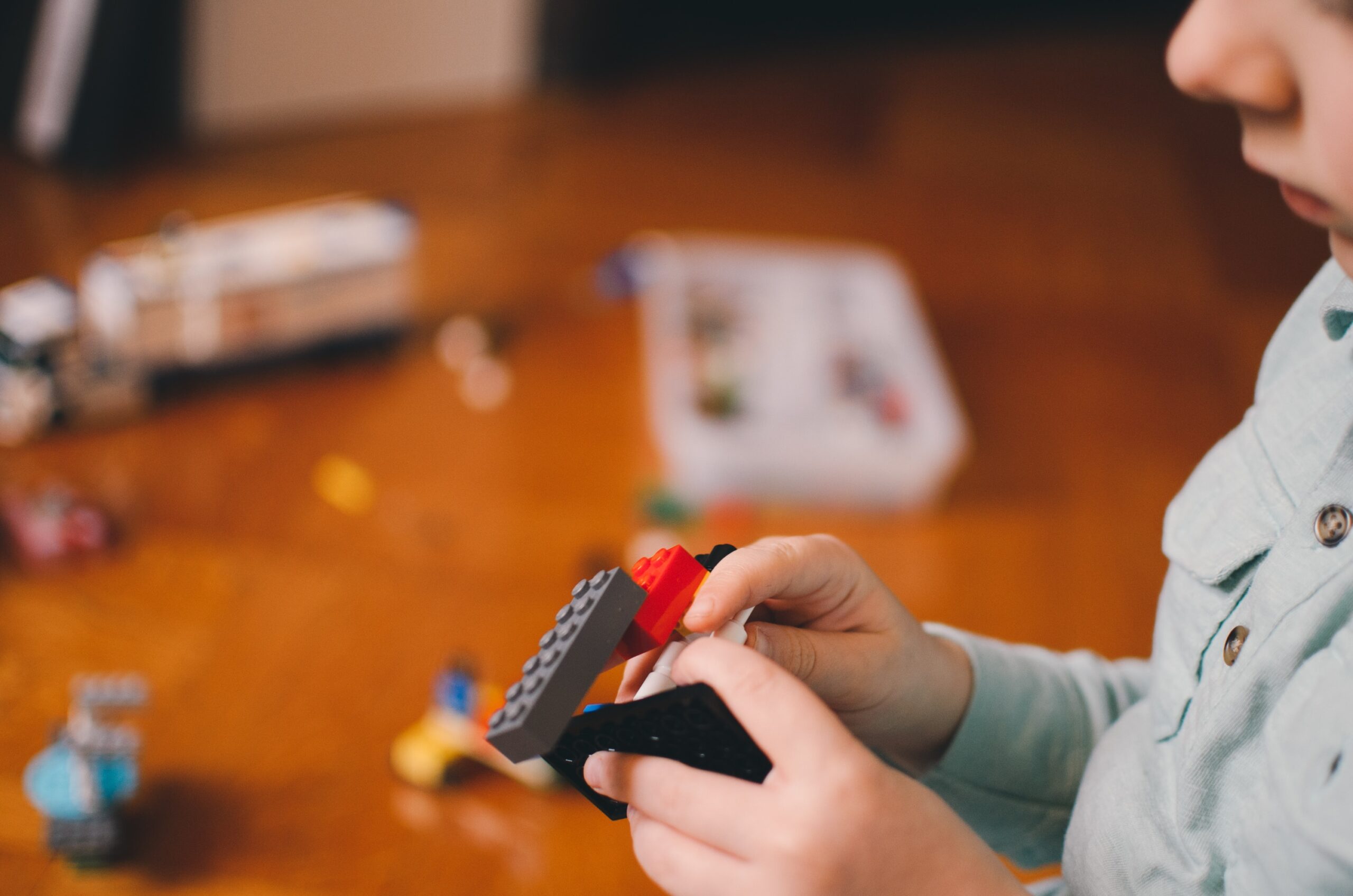Effective Discipline For Kids! Parenting Counseling Phoenix and Scottsdale.
In light of football star Adrian Peterson’s recent story on how he disciplined his child using a “switch” I thought I would talk about effective and safe discipline for children. I was on a radio show recently where we discussed discipline and when physical discipline crosses over into the realm of abuse. I wanted a good definition of child abuse which I found on the website childwelfare.gov. They define child abuse and neglect in the following way:
“Any recent act or failure to act on the part of the parent or caretaker, which results in death, serious physical or emotional harm, sexual abuse, or exploitation, or an act of failure to act which presents an imminent risk of serious harm.”
The site, childwelfare.gov, goes on to list the different types of abuse. There are physical, neglect, sexual abuse or exploitation, emotional, parental substance abuse, and abandonment which is described as a type of neglect where the parent/caretaker leave the child. Of course, none of these are effective discipline for kids. The questions I am asking are, “What is effective discipline?” Is it ever okay to use physical forms of discipline? When does spanking cross the line and turn into abuse? What is the difference between fear and respect in parenting and is it healthy for children to fear their parents? These are the questions I set out to answer.
Physical Forms of Discipline: Are They Okay?
My mom grew up in the south. Louisiana to be exact. I remember her talking about her mother, my grandmother, using a switch to discipline her. She described a scene where her mom would grab her by one hand and hit her with a tree branch as my mom danced in a circle doing her best to minimize the pain. It sounds comical but at the same time it serves as a reminder at just how harsh this form of discipline can be. I have no doubts my grandmother loved my mom and that she was acting in a manner she believed was best for my mother. However, there are some practices that are simply outdated, unhealthy, and need to change. Hitting a child with a switch, belt, or any other object is one of those practices. This is when spanking crosses the line.
My own personal view on spanking has changed over the years. I used to believe it was okay. It was to be used only as a last resort, never out of anger, and never resulting in physical harm such as bruising or welts. I no longer hold this view. I think there are many other highly effective methods to discipline that produce better results than spanking. I do not recommend parents spank, but if you, as a parent, chose to spank then what I suggest is you adhere to using it sparingly, never out of anger or frustration, never using an object such as a switch or belt, and never to the point where it results in physical harm.
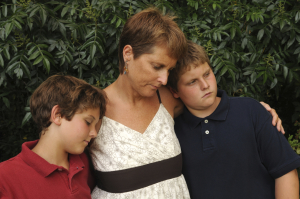
It’s Time to Switch
It is long past time to switch from the switch. My mom spanked me, but she did not use a switch. She did not adopt her mother’s methods for which I am thankful. In my family, with my children, I have taken it a step further and have committed not to spank. I have found that there are simply more effective ways of parenting that do not involve spanking. Now, there have been times when I have swatted my child’s hand. These occur in a moment of danger such as sticking a hand into a light socket or running out into the street without looking. Swatting my child’s hand has been used sparingly. It is used with self-control and with self-awareness so that discipline does not occur out of my own anger. It also does not result in any bruising. Just enough to increase the child’s sense of danger. That’s it! If you listen to the radio program below you’ll learn more about my view on swatting.
The ultimate goal of discipline is to instruct, teach, and to keep the child from any unnecessary pain or hurt. The pain I am talking about is both emotional and physical. Now I know that it is inevitable that our children will experience pain. We cannot realistically protect our children at all times and in all ways. However, our job as parents is to allow our children to make the best possible choices for themselves. We discipline to steer them in the right direction. Sometimes we allow children to make choices that we know will cause them discomfort, but we allow it because it is a part of learning. Even then we are still there in a supportive and loving way. Overall, we are there to support them, guide them, and love them in the good, the bad, and the ugly.
Discipline must also be followed up with teaching and connecting. Healthy parents do not discipline just to make our kids miserable. It is to teach and guide. It is to help our children grow up into responsible and caring adults. Discipline, although it has a negative connotation in our culture, is a form of love. The parent who disciplines their child loves their child. It shows that we care. It is also for this reason that discipline must always contain connecting. Because children, in their immature thinking, will often view discipline as the parent being mean or not loving them, parents need to make sure they are connecting with their children’s emotional selves. To learn more about this I suggest reading the special report, “The Key to Successful Parenting,” on the Family Therapy page.
Parenting Continuums
It seems like there are continuums in parenting. One of those is the truth-grace continuum. Effective parenting finds a balance between truth and grace. Truth is all about letting the big, bad world teach our kids. It is letting them experience the consequences: both natural and those that we impose. Grace is all about being there even when they do not deserve it. It is not saying, “I told you so!”. It is coming along side our children and loving them even when they are unlovable and when we do not feel like it.
Another parenting continuum is the fear-respect continuum. Earlier, I posed the question asking what the difference between these two and as parents do we want our children to fear or respect us? A child who fears their parent is a child who does not feel safe and secure. Perhaps they do not even feel loved. I say this because fear is the antithesis to love. Fear blocks love and keeps people stuck in self-preservation behaviors. I would think given all of the harm fear can cause that most parents and caretakers of children do not want their child to live this way. If they do then I would suggest self-reflecting and ask yourself tough questions as to why you think using fear to raise a child is a positive.
Respect, on the other hand, is what I believe we should strive for with our children. Respect integrates qualities such as admiration, care, and love. It means that I will listen to you and follow your guidance because I know how much you care for me. It means that I look up to you and want to be like you. It also means I feel safe and secure because I know you protect me. Let us, as parents and caretakers, strive to gain and keep our children’s respect.
Closing
Parenting is simultaneously the toughest and one of life’s most rewarding ventures. It is a high calling to raise a human being. Most parents and caretakers deeply love their children and only want to be and do good. We are all human and prone to make mistakes. Let us commit, however, to never discipling our children to the point where there is physical and emotional damage. If you are a parent and would like to learn more about our parenting counseling, child counseling, or teen counseling. We offer all of these services at our Scottsdale and Phoenix Relationship Centers. Finally, in regards to discipling kids with a switch and if it is appropriate, I like what radio personality Jay Mohr tweeted, “How about, from now on, the only switch we use on our children is the light switch after we tell them we love them.”
Our team of therapists understand that the decision to reach out for help parenting your child or children can be intimidating. This is why we are happy to offer a complimentary 20-minute phone consultation. Our locations where we partner with parents are located throughout the valley with counseling centers located in Phoenix, Anthem, and Scottsdale. You can start your therapy journey with Crossroads Counseling by following these simple steps:
- Contact Crossroads Counseling for a complimentary 20-minute phone consult
- Meet with a family, child, and teen therapist
- Start coping with your anxiety symptoms
Feel free to learn more about our practice by visiting our about page, FAQ, and blog, or read more about our staff members to start finding your best therapeutic fit! or, call us at 623-680-3486, text 623-688-5115, or email info@crossroadsfcc.com for more information!
